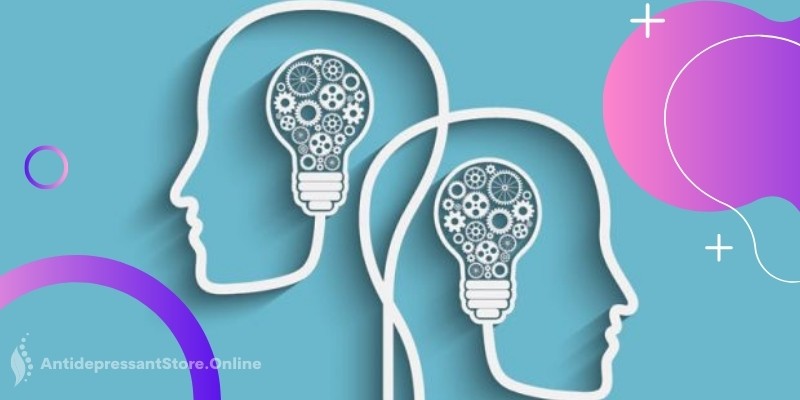Depression affects many people and makes a profound impact on their life quality. This disorder affects all areas of a person’s life, from how they eat and sleep, to their own thoughts and social relationships.
It is important to note that depression can affect people of all age groups, and it has been proven to be associated with a person’s physiological responses.
An imbalance occurs in the neurotransmitters in the body, in particular serotonin, which are responsible for feelings of well-being and happiness.
What are the real risks and complications that depression can cause?
In addition to the obvious complications such as anxiety, sadness, and irritability, depression often causes cognitive changes, namely:
- Decrease in the speed of thinking
- Concentration problems
- Decreased intellectual performance
- Impairment of short-term and long-term memory
It also causes somatic (physical) symptoms, such as:
- Sexual problems
- Weakening of the immune system
- Severe fatigue
- Cardiovascular complications
- Strengthening of inflammatory processes
- Insomnia
People who do not receive treatment for depression have a lower life expectancy. This is mainly due to chemical changes in the brain and progressive negative effects.
Now you know about the negative effects of depression. If you or someone you love suffers from this disorder, the next and most important step is to determine the most appropriate treatment.

